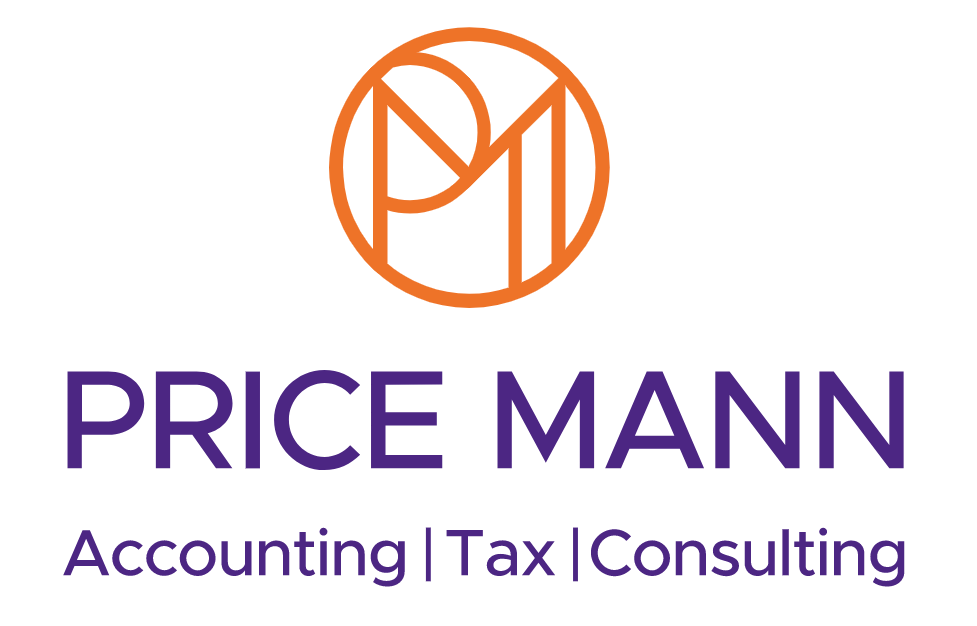How to maintain a healthy cash flow
How to maintain a healthy cash flow
A healthy cash flow is the backbone of your business - it's the foundational support that keeps everything standing strong and moving forward. It's no surprise, then, that for your business to boom, you need to not only understand it, but also actively manage it. We know what you're thinking, “Great, something else to add to my never-ending to-do list”, but trust us when we say, this is an important and essential task. To help you maintain your cash flow consistently, here are seven strategies recommended by an accountant.
1. Get an overview of your business
To understand and build a healthy cash flow, you must first understand your business's finances. Is your business seasonal? Do you tend to have more expenses in one quarter than others? Whatever the natural ebb and flow of your cash flow, it's important to look at the data so you can anticipate slower periods and plan the best way to manage them. This allows you to tailor your budget, forecast more accurately, and optimise your cash flow, ensuring financial stability throughout the year.
2. Review your outgoings
We’ve all done it, signed up for a service or subscription, and the payments go out each month without any consideration. It's a common scenario - sometimes one that's left even if the service is not used anymore - and it's one that could be silently draining your resources.
If this sounds like you, a great strategy for maintaining a healthy cash flow is regularly reviewing your outgoings. Beyond overlooked subscriptions, you should reassess recurring expenses, such as energy bills and insurance policies, and reevaluate relationships with suppliers. All of these can have significant savings potential.
Quick tip: Regularly taking a closer look at both your essential and non-essential expenditures not only provides savings but also presents an opportunity to enhance the quality of the services you rely on.
3. Send invoices promptly
Prompt invoices can have a significant impact on a healthy cash flow. For example, we see many business owners waiting until the end of the month to issue an invoice, which can add 30 days to the payment receipt! When it comes to managing cash flow, we always recommend sending invoices promptly following a sale and even charging a deposit before starting work to encourage payment.
Quick tip: You could also consider offering prompt payment discounts to encourage your customers to pay early. Your customers will feel rewarded with a discount, and your cash flow will get a boost. It’s a win-win!
4. Negotiate credit terms
Likewise, paying vendor invoices promptly can have similar benefits. Many businesses offer discounts if invoices are paid within a certain timeframe. Take advantage of these credit terms where you can.
5. Build a cash reserve
It may seem a bit obvious, but you'd be surprised how many business owners don't have cash reserves! So, that's why our next strategy is making sure you're saving for those rainy days. Setting aside an amount each month can help build a great safety net over the months, one that will come in handy when preparing for those unexpected expenses. You can even increase the amount you set aside during your busy months, which will help your business during the quieter times. This is an easy but effective way of maintaining your cash flow.
6. Keep an eye on overdue payments
Ensure overdue payments are a high priority on your accounting department's list. This is an important one for maintaining a healthy cash flow. If an account is behind on payments, it could be worth contacting the business to obtain a commitment of payment, and if payments are stopped altogether, stop providing goods or services until an agreement is reached.
Quick tip: Don’t forget you can claim bad debt relief for the VAT of any unpaid goods or services after 6 months of non-payment.
7. Hire an accountant
Keeping everything under control can seem like an endless task when running a business. This is where an accountant can be invaluable. With their expertise, they can help boost your cash flow, so you can focus on the most important task - growing your business!
Need help boosting your cash flow?
When it comes to maintaining your cash flow, it's not just cash that’s king - it’s also your accountant! So, reach out to us today to leverage our knowledge and services. From cash flow management to forecasting and business advice, we can help you improve the running of your business in a way that will increase your bottom line.













